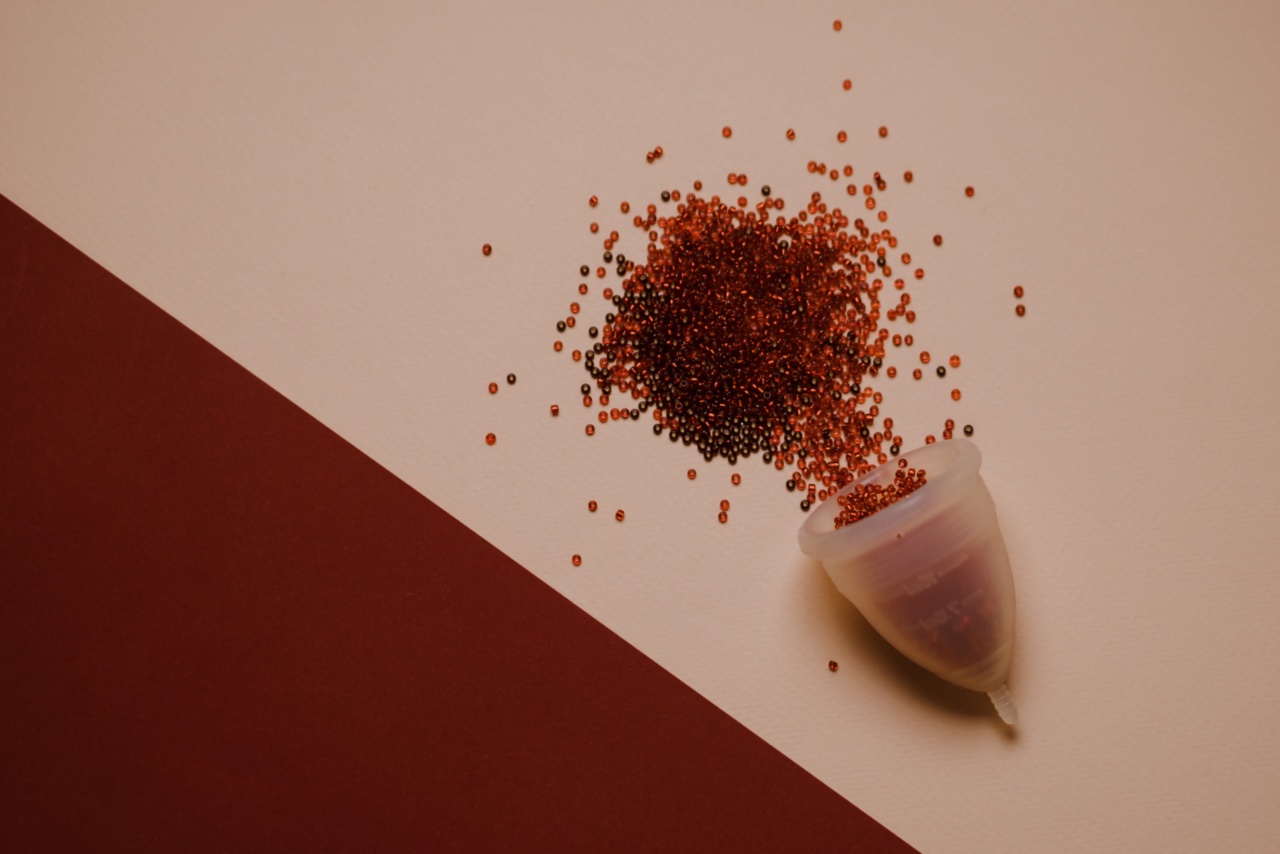Menstrual pain, also known as dysmenorrhea, is common among women during their reproductive years. It refers to the cramping and discomfort experienced in the lower abdomen before and during menstruation.
While some women may only experience mild discomfort, others may face severe pain that hinders their daily activities. In this article, we will explore various ways to ease menstrual pain and provide relief during this time of the month.
1. Over-the-Counter Medications
Nonsteroidal anti-inflammatory drugs (NSAIDs), such as ibuprofen and naproxen sodium, can help alleviate menstrual pain.
These drugs work by reducing the production of prostaglandins, which are hormone-like substances responsible for uterine contractions and pain. It is advised to take these medications at the first sign of discomfort and continue as directed on the packaging.
2. Heat Therapy
Applying heat to the lower abdomen can be an effective way to soothe menstrual pain. A heating pad or a hot water bottle can provide relief by relaxing the muscles and improving blood flow in the area.
It is essential to ensure the temperature is comfortable and not too high to avoid burns. Alternatively, taking a warm bath or using hot towels can also help ease the pain.
3. Exercise
Engaging in regular physical activity has been shown to reduce menstrual pain. Exercise releases endorphins, which are natural painkillers, and improves blood circulation throughout the body, including the pelvic area.
Low-impact exercises like walking, swimming, and yoga are particularly beneficial. However, women should listen to their bodies and adjust the intensity of the exercise as needed.
4. Dietary Modifications
Several dietary changes can contribute to reducing menstrual pain. Increasing the intake of foods rich in omega-3 fatty acids, such as salmon, walnuts, and chia seeds, can help alleviate inflammation and reduce pain.
On the other hand, reducing the consumption of caffeine, alcohol, processed foods, and excess salt can help decrease water retention and bloating, which often accompany menstrual pain.
5. Herbal Remedies
Traditional herbal remedies have been used for centuries to alleviate menstrual pain. Certain herbs, such as ginger, cinnamon, and turmeric, possess anti-inflammatory and analgesic properties that can help ease cramps and discomfort.
These can be consumed as teas or incorporated into meals to provide natural relief.
6. Acupuncture
Acupuncture, a traditional Chinese medicine practice, involves the insertion of thin needles into specific points in the body. It is believed to stimulate the nervous system and promote the release of endorphins, leading to pain relief.
While research on acupuncture for menstrual pain is limited, some studies suggest it may be beneficial. It is crucial to consult a qualified acupuncturist for proper treatment.
7. Transcutaneous Electrical Nerve Stimulation (TENS)
TENS is a non-invasive technique that utilizes low-voltage electrical currents to relieve pain. This method involves placing electrodes on the skin around the painful area.
The electrical pulses help to block pain signals to the brain, providing temporary pain relief. TENS machines can be purchased over-the-counter or used under the guidance of a healthcare professional.
8. Oral Contraceptives
For women experiencing severe menstrual pain, hormonal birth control methods, such as oral contraceptives, may be considered. These medications can help regulate hormonal fluctuations and reduce prostaglandin levels, leading to less painful periods.
It is important to discuss the suitability of oral contraceptives with a healthcare provider, as they may have potential side effects for some women.
9. Relaxation Techniques
Stress can exacerbate menstrual pain. Therefore, practicing relaxation techniques, such as deep breathing, meditation, and mindfulness, can help alleviate both physical and emotional discomfort.
Additionally, getting enough sleep and maintaining a balanced lifestyle can contribute to overall well-being and reduce the severity of menstrual symptoms.
10. Seek Medical Advice
If menstrual pain significantly affects your quality of life or if over-the-counter remedies do not provide sufficient relief, it is important to seek medical advice.
A healthcare professional can assess your condition, rule out any underlying medical conditions, and provide appropriate treatment options, which may include prescription medications or further investigations if necessary.





























